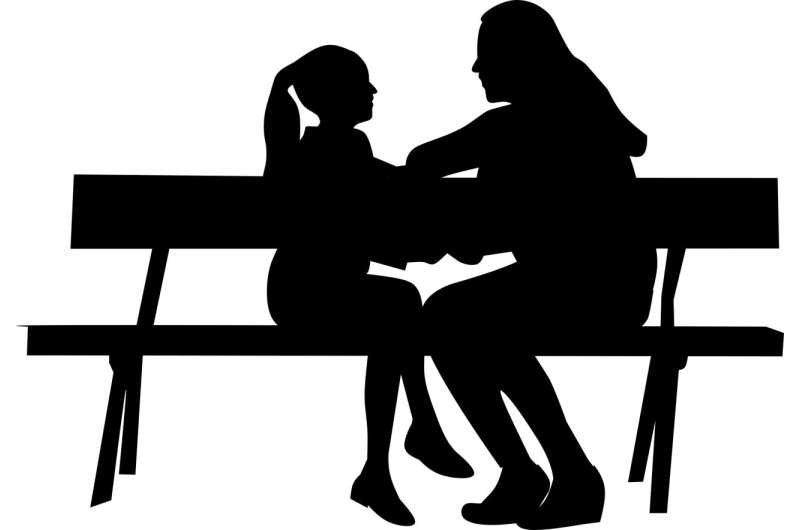This article has been reviewed according to Science X's editorial process and policies. Editors have highlighted the following attributes while ensuring the content's credibility:
fact-checked
trusted source
proofread
How to talk to children about mass shootings

Parents may be wondering how to have a conversation with their kids after the horrible news of a shooting at a Tennessee elementary school. This follows multiple shootings on other campuses across the country this year.
We asked Victor Carrion, MD, a child and adolescent psychiatrist at Stanford Medicine Children's Health and director of the Stanford Early Life Stress Research Program, and Hilit Kletter, Ph.D., a child and adolescent psychologist at Stanford Medicine and director of the Stress and Resilience Clinic, for suggestions on how to help children process this tragedy.
How do you recommend that parents have a conversation with their children?
Hilit Kletter, Ph.D.: Be aware of the developmental level of the child, and find a time you can really dedicate to speaking with your child about this. For younger children, it's important to focus on the reassurance of safety. For older children, you can ask what they've heard, what they think, correct any misinformation, and let them ask questions. It's important to create an environment that allows your child to express their emotions and help them filter the information.
What are some of the potential psychological effects on children hearing or seeing information on the news?
Victor Carrion, MD: Children may become concerned for their own safety. If they are preschoolers, first and second graders, they might even be concerned about whether their family is safe. In addition, because images and videos are now so prevalent across multiple platforms, the psychological effect on the child can be the same as if the child was at the scene of the incident, which includes an increased risk for posttraumatic stress disorder symptoms.
Limiting exposure to these images—whether it's turning off the news or reducing social media use—can help protect children.
What are some signs that a child may need additional help?
Carrion: Parents should be alert for behavior changes, such as increased clinginess in a preschooler, complaints of headaches or stomachaches in a youngster, or withdrawal in a teenager. Irritability, a greater susceptibility to crying, and difficulty with sleep are among the symptoms that should raise a red flag if they persist longer than a month. All these behaviors are often a clue that a child needs help. If you notice these signs, I recommend taking them to their pediatrician or a mental health specialist.
How can parents handle their own stress?
Kletter: When events like this happen, there are things we can do, like focusing on what is within our control and using our coping skills. That can include:
- Finding social support among family and friends.
- Getting enough sleep and exercise.
- Eating properly.
- Making a list of things that help you relax.





















